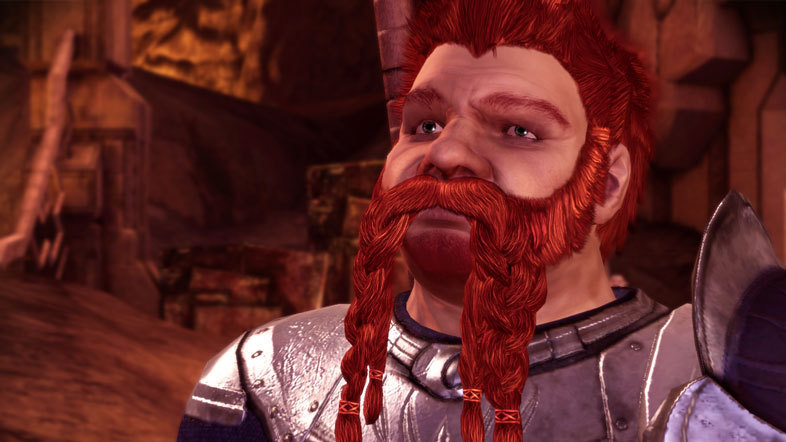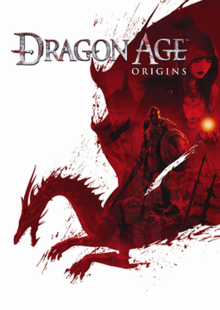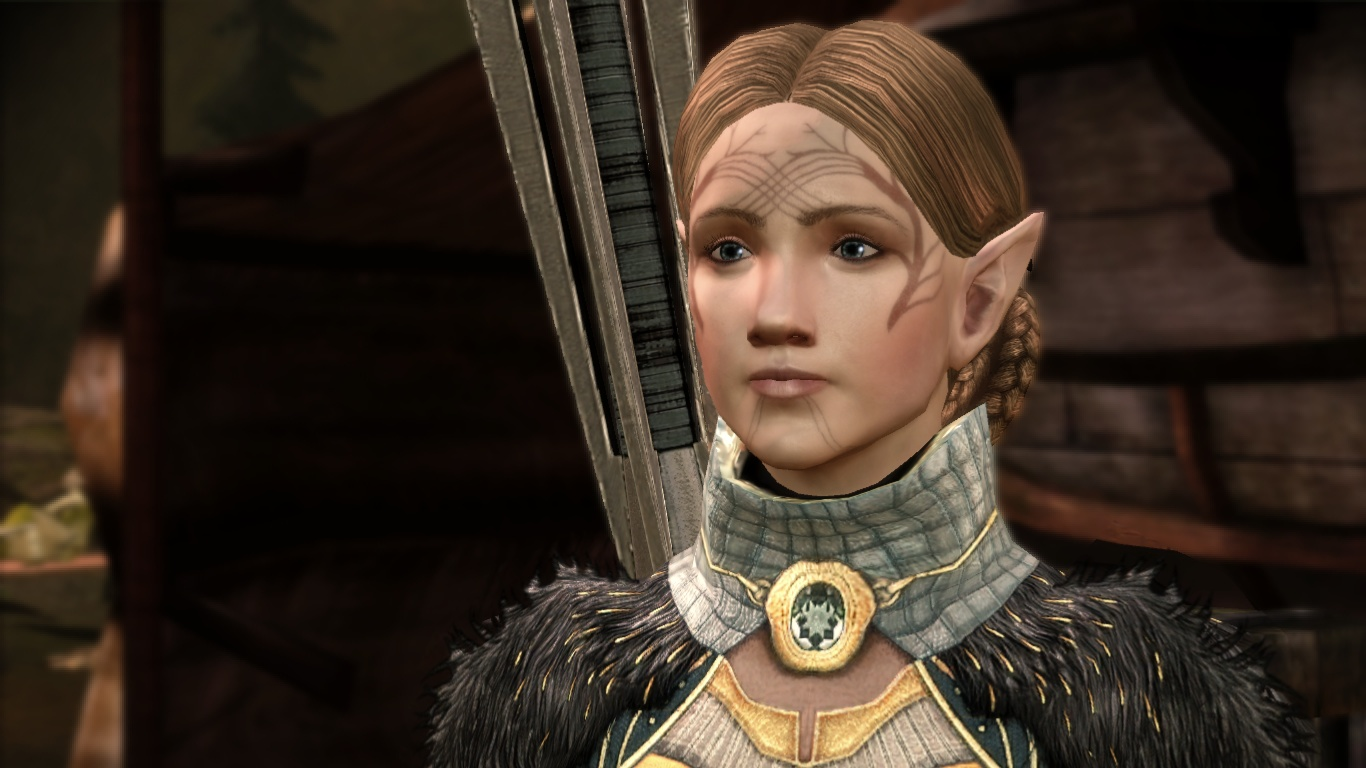Great moments in PC gaming: Choosing your origin in Dragon Age Origins
Which one did you pick?

Great moments in PC gaming are bite-sized celebrations of some of our favorite gaming memories.

Developer: BioWare
Year: 2009
Finally getting a proper look at Dragon Age: The Veilguard—the first new entry in the series in a decade—has me thinking a lot about where it all began. Dragon Age: Origins was a truly groundbreaking RPG, bringing to bear all of BioWare's experience into a game that pushed both the studio and the genre forward into a new era. But one of my favourite things about it is an idea the series immediately abandoned.
When creating your character, you could (appropriately) pick an Origin, essentially a backstory for your character. Lots of RPGs let you do similar, including most recently Baldur's Gate 3 with its backgrounds—but where in other games it tends to just grant a mechanical bonus and perhaps some different dialogue options, your choice of Origin here entirely changed the opening of the game.
If you chose to be a City Elf, part of an oppressed underclass, your first hour or so of Dragon Age: Origins were spent in a bloody fight for survival against cruel human nobles, while a Dalish Elf instead kicked off the game exploring a magical mystery in their forest home. Similarly a dwarf could start as a Dwarf Noble, a member of the royal line under threat from a sinister conspiracy, or a Dwarf Commoner, a low-level thug in the clutches of a crime lord.
While all these Origins would ultimately lead you to the same endpoint—being recruited into the Wardens and setting out on your quest—they each offered a substantial portion of unique gameplay, with consequences that rippled out through the rest of the story. Each was unique enough that most of us couldn't help but make several characters to try out a whole selection of them, like playing a series of RPG vignettes.
Introducing a whole new fantasy setting is never easy, but the Origins were a huge help in establishing Thedas in players' minds. They made your character feel immediately a part of the world around them, not just an avatar dropped in from above, and their focus on the political divisions between races and classes sent a clear message that this wasn't your usual high fantasy affair.

Later in the story, you'd meet characters and visit locations seen in your Origin, and have all these built-in hooks that changed your perspective. A Mage visiting the Circle of Magi and finding it in disarray, for example, would find unique dialogue options and responses from NPCs, but more than that they'd come in with a greater sense of the situation and perhaps more sympathy for their kin under threat. A Dalish Elf entering the dwarven kingdom might feel like a fish out of water, while a Dwarf Noble, native here but only recently betrayed by the very king now sitting on the throne, would feel at home yet under threat.
The biggest gaming news, reviews and hardware deals
Keep up to date with the most important stories and the best deals, as picked by the PC Gamer team.
It wasn't a perfect system, by any means—it was hugely ambitious, and you could certainly see the cracks where the BioWare team perhaps realised how much work they'd given themselves and reeled back a little on the scope of it. Some moments felt contrived or nonsensical, with NPCs reacting inappropriately to you given your Origin, and you'd often have things explained to your character that, logically, they should already know. It was conspicuous too that humans—presumably the most played race—had the most limited selection of Origins, only getting to be either a Noble or a Mage based on their class.
But I can swallow a few flaws when a developer is really reaching for the stars, and they really were back then. It's the kind of idea that is so revealing of how passionate that team was about RPG storytelling, and it's exactly that excitable, creative nerdiness that I'm desperate to see more of from modern BioWare. I don't expect The Veilguard to have Origins, but it'd be wonderful to see it try for something as creative and surprising now as they were then.

Formerly the editor of PC Gamer magazine (and the dearly departed GamesMaster), Robin combines years of experience in games journalism with a lifelong love of PC gaming. First hypnotised by the light of the monitor as he muddled through Simon the Sorcerer on his uncle’s machine, he’s been a devotee ever since, devouring any RPG or strategy game to stumble into his path. Now he's channelling that devotion into filling this lovely website with features, news, reviews, and all of his hottest takes.

